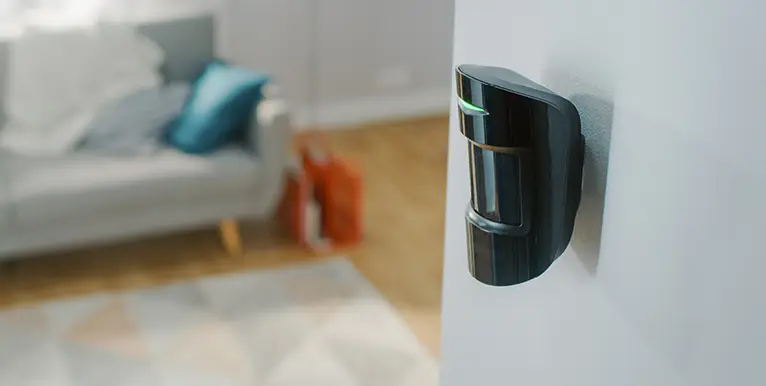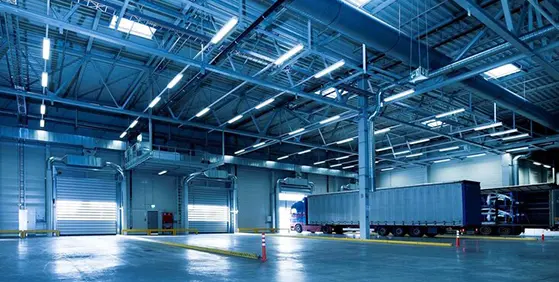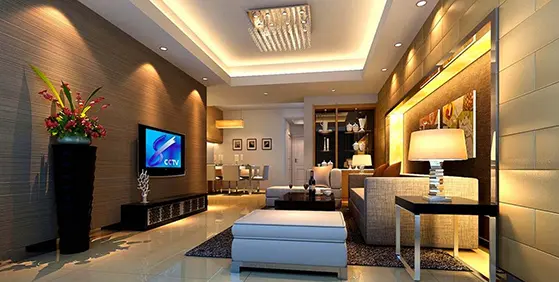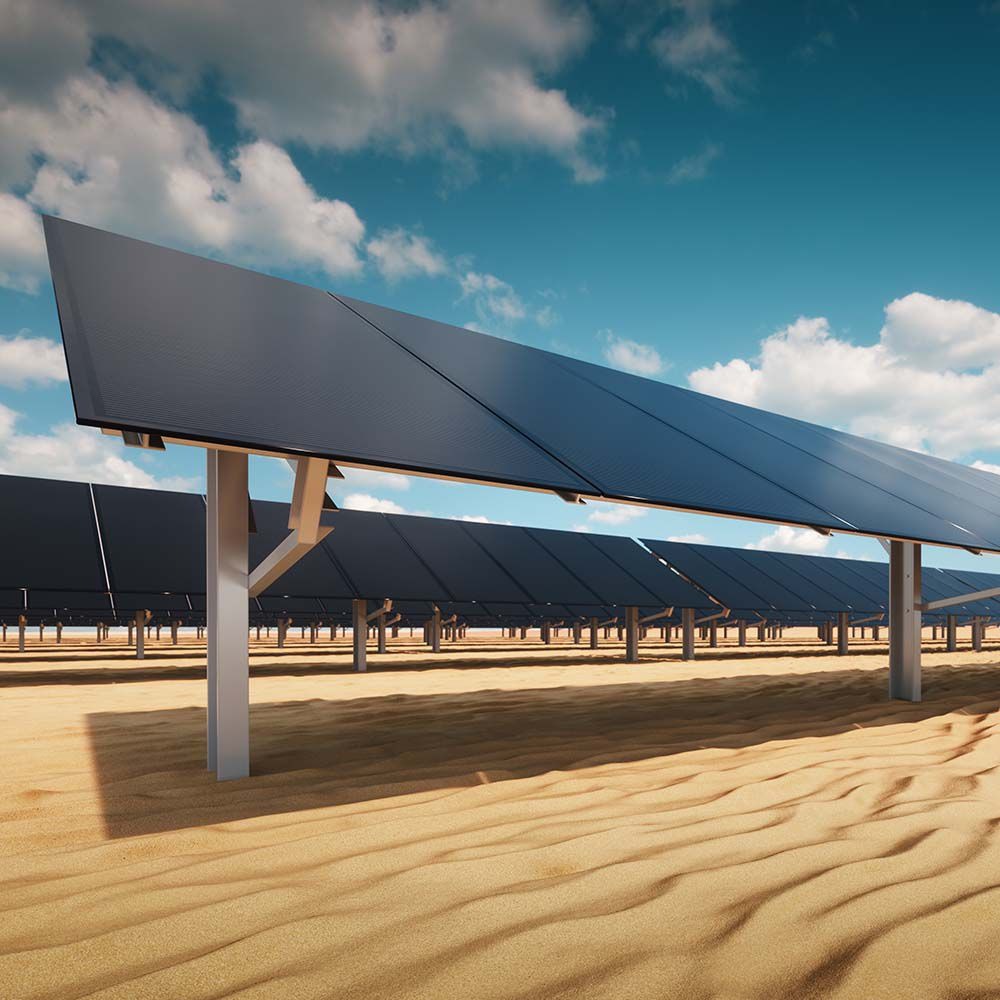Solar panels are the first step to generating electricity from the sun. Panels are made up of groups of photovoltaic cells, first invented in 1839 when the photovoltaic effect was discovered. These cells are made from layers of two different types of silicon. When sunlight hits the cells, it causes electrons within them to vibrate between the silicon layers and converts them into usable electricity.
The electricity produced by solar panels is DC (direct current), whereas your home appliances including your lighting mostly use AC (alternating current). DC electricity can be stored in a battery so you can use it at any time, not just when the sun is shining. A solar controller manages the flow of electricity from your solar panels into the battery so that it does not become over-charged.
An inverter that converts the DC power in the battery, or direct from your panels into AC power must be fitted to run your home electrical appliances and to export unused electricity to the national grid. Most inverters are a single unit that sits in your home or garage and collects power from all your panels but some newer solar panels have micro-inverters fitted to each panel. There are pros and cons to each system.

What are the advantages of solar energy?
You can use solar power immediately during the daytime, fed directly from your solar panels, which will reduce your electricity bill because you are no longer drawing power from the National Grid via your energy provider. When you add a battery system you can also store the electricity you generated during the day, to use during peak evening and night times.
In these days of rising fuel costs having a solar system not only reduces your bills but can also add value to your home as solar panels are now seen as a far more desirable addition to a property than they were 10 years ago.
You can sell excess energy that your panels produce back to the National Grid by registering with your energy supplier under the Smart Export Guarantee scheme. This earns you money back on your electricity bills and turns your home into a small part of the national effort to reduce reliance on electricity produced by power stations that burn fossil fuels like coal and gas. The burning of these fuels has added CO2 to the atmosphere and is causing global warming and climate change.
What are the disadvantages of solar energy?
Solar energy is free but converting that energy to usable electricity isn’t. The costs of the equipment required to do it (solar panels, battery, inverter, cables, etc) have been falling as the efficiency of the technology has been increasing. The first photovoltaic cell in 1839 had a 1% efficiency in converting solar energy to electricity. Cells now reach up to 42% when used singly in laboratory conditions but combined into solar panels and sitting on your roof, expect 15-20%.
The cost of installing a solar system for your home will depend on how much suitable space you have for solar panels, how much electricity your home uses, and how much battery storage you want to add.










